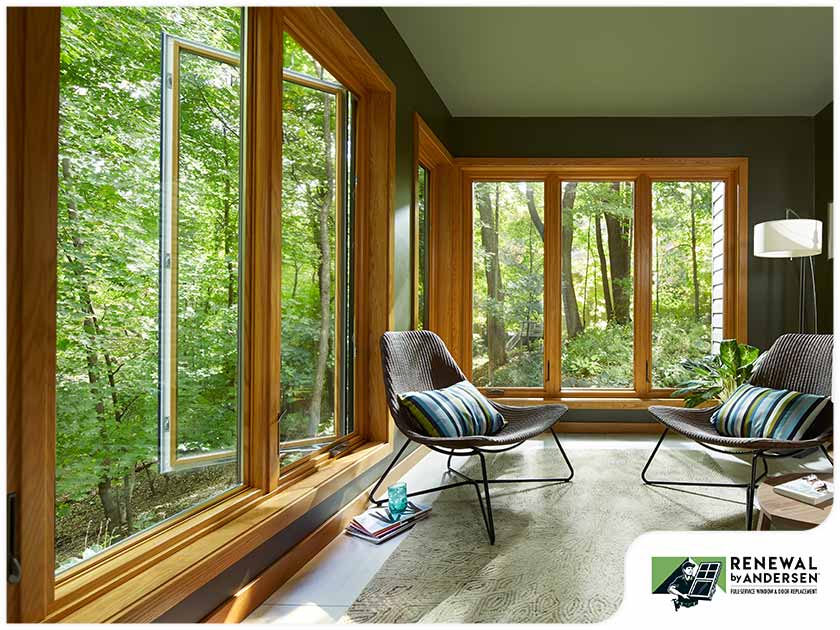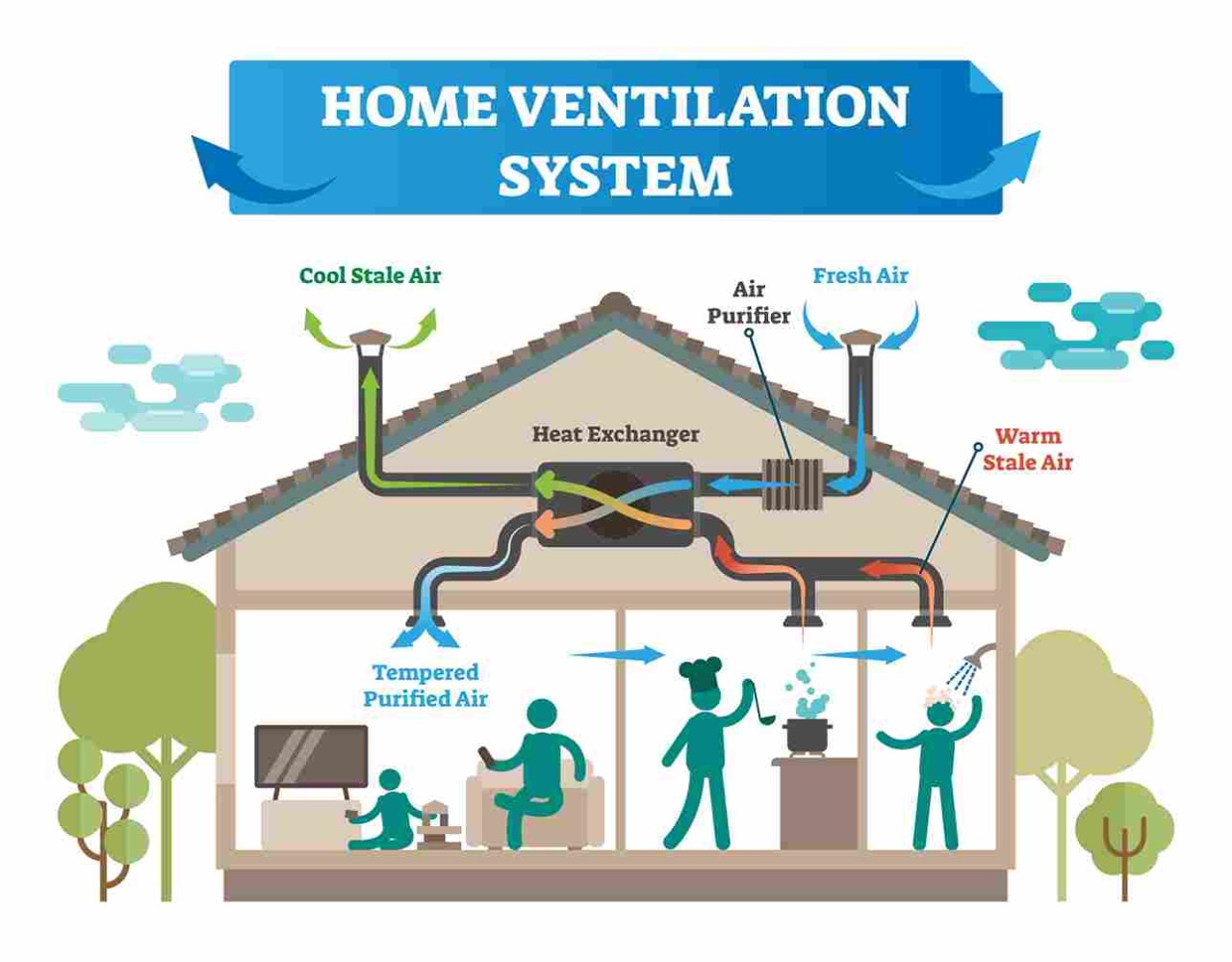Home Ventilation Melbourne Safety Tips for Cleaner Indoor Air
Wiki Article
The Duty of Home Ventilation in Protecting Against Mold And Mildew and Indoor Allergens
Home air flow is a vital component in keeping a healthy and balanced indoor setting. It controls moisture degrees, which can stop the growth of mold and mildew and the buildup of allergens. Lots of property owners forget the significance of correct ventilation, usually causing unseen issues. Recognizing how air flow systems function and their effect on air quality could be the secret to a healthier space. What steps can be taken to enhance these systems successfully?Recognizing Home Air Flow Systems
While several property owners may overlook the value of air flow, comprehending home air flow systems is essential for maintaining indoor air high quality and stopping mold growth - Home Ventilation Melbourne. These systems help with the exchange of stale indoor air with fresh outside air, efficiently reducing contaminants and wetness levels. Usual kinds consist of natural ventilation, which depends on wind and temperature distinctions, and mechanical ventilation, which utilizes ducts and followers to control air flow. Furthermore, balanced ventilation systems integrate both methods to optimize air high quality. Correctly designed and kept ventilation systems can assist control temperature and humidity, making sure a comfy living atmosphere. Homeowners must think about variables like home environment, occupancy, and format when choosing an air flow system to best suit their demands and enhance overall air high quality
The Impact of Moisture on Mold And Mildew Development
Moisture plays a vital function in mold and mildew development, making it an essential variable for home owners to keep track of. Mold and mildew flourishes in settings where moisture degrees go beyond 60%, as these problems give the moisture essential for spores to sprout and multiply. High humidity can result from numerous sources, consisting of poor ventilation, water leaks, and food preparation or showering activities. When moisture degrees continue to be raised, mold can develop quickly on organic materials such as textile, wood, and drywall. House owners should use dehumidifiers and assure proper air flow in areas prone to moisture, such as basements and restrooms. Maintaining interior humidity in between 30% and 50% can substantially minimize the threat of mold growth, adding to a much healthier living setting.Determining Usual Indoor Allergens
Indoor settings can harbor a range of allergens that affect wellness and convenience. Typical indoor irritants consist of allergen, family pet dander, mold and mildew spores, and pollen. Dirt mites thrive in bed linen, rugs, and upholstery, feeding on organic product and adding to respiratory problems. Pet dog dander, made up of tiny flakes from skin and fur, can trigger allergies in sensitive people. Mold spores, commonly present in moist locations, can impact and proliferate air high quality. In addition, pollen can penetrate homes via open home windows or on clothing. Recognizing these allergens is important for keeping a healthy and balanced indoor setting. Understanding of their presence allows home owners to take aggressive actions to minimize exposure Home Ventilation Melbourne and improve general interior air high quality.Benefits of Proper Ventilation
Correct ventilation is essential for maintaining a healthy and balanced interior setting, as it aids to regulate air quality and reduce the accumulation of contaminants. Sufficient airflow assists in the exchange of indoor and exterior air, thereby weakening damaging materials such as unstable natural compounds, irritants, and dust. This procedure not just enhances convenience however additionally adds to the total well-being of occupants by reducing respiratory concerns (Home Ventilation Melbourne). In addition, correct ventilation effectively regulates moisture degrees, reducing the chance of mold and mildew growth and fostering a drier environment for wellness. Additionally, it can boost power efficiency by ensuring that heating & cooling systems operate a lot more properly, causing reduced energy costs. On the whole, proper air flow is an important part in promoting a healthy and safe living room

Tips for Improving Home Air Flow
Although numerous property owners might forget it, enhancing home ventilation is vital for improving air quality and avoiding mold and mildew development. One efficient approach is to regularly open windows to advertise cross-ventilation, allowing fresh air to circulate. Installing exhaust followers in washrooms and kitchens can effectively get rid of moisture-laden air, lowering humidity degrees. House owners ought to also consider utilizing air cleansers with HEPA filters to capture irritants and toxins. Regularly maintaining heating and cooling systems, consisting of changing filters, warranties peak airflow and effectiveness. Securing leakages around doors and home windows can prevent outside air from getting in, which helps preserve a constant indoor setting. Ultimately, incorporating houseplants can normally boost air high quality while adding visual value to the home.Regularly Asked Inquiries
Exactly how Often Should I Clean My Home Ventilation System?
Identifying exactly how frequently to cleanse a home air flow system depends on different aspects, consisting of usage and ecological conditions. Home Ventilation Melbourne. Generally, experts advise a thorough cleaning every three to five years to keep perfect airflow and efficiencyCan Plants Aid Decrease Indoor Allergens?
Research suggests that specific indoor plants might assist lower allergens by improving air quality and increasing moisture. Nonetheless, their performance differs, and maintaining a tidy setting continues to be vital for taking care of interior irritants successfully.What Sorts Of Air Filters Are Finest for Mold Avoidance?

Exist Particular Air Flow Demands for Cellars?

How Do I Know if My Ventilation Is Working Effectively?
To establish efficient air flow, one should keep track of moisture levels, inspect air movement with vents, and observe indications of condensation or stationary air. Regular evaluations can suggest whether the system effectively flows and exchanges interior air.Comprehending how ventilation systems feature and their influence on air quality might be the key to a healthier living space. While lots of homeowners may neglect the importance of air flow, comprehending home ventilation systems is important for preserving indoor air high quality and protecting against mold development. Typical kinds include natural ventilation, which depends on wind and temperature level differences, and mechanical ventilation, which utilizes fans and air ducts to manage airflow. Proper air flow is crucial for maintaining a healthy indoor atmosphere, as it helps to regulate air quality and lower the build-up of toxins. Many house owners may overlook it, boosting home ventilation is important for boosting air top quality and protecting against mold and mildew growth.
Report this wiki page